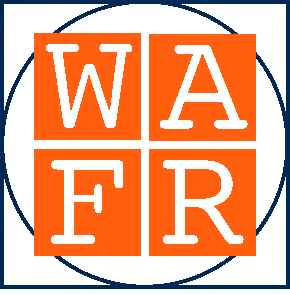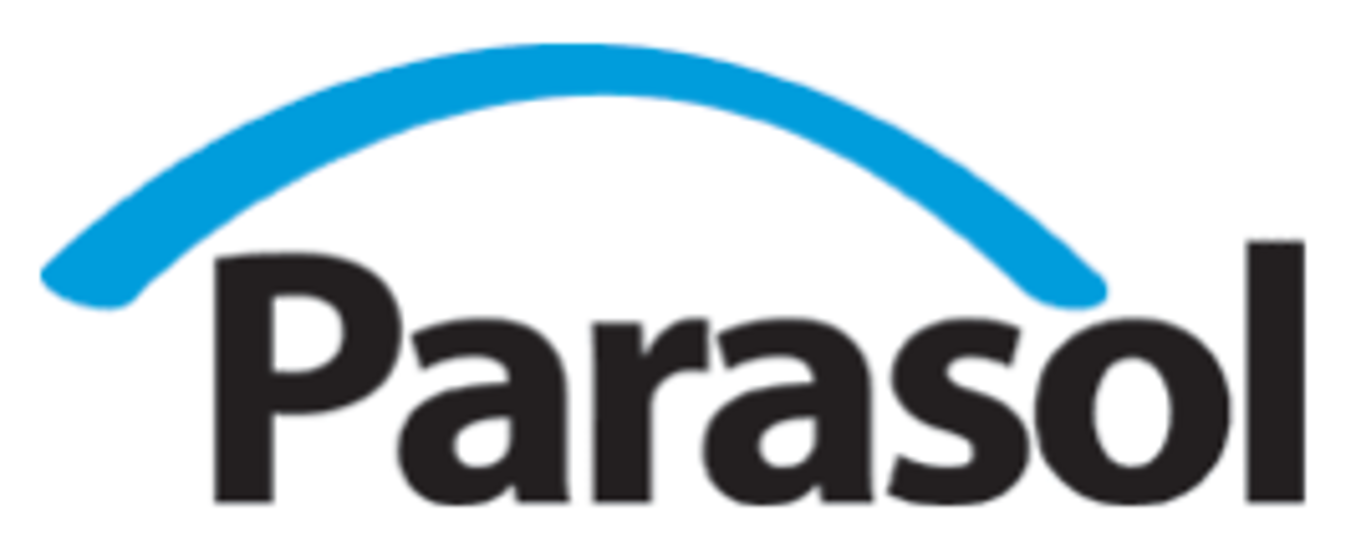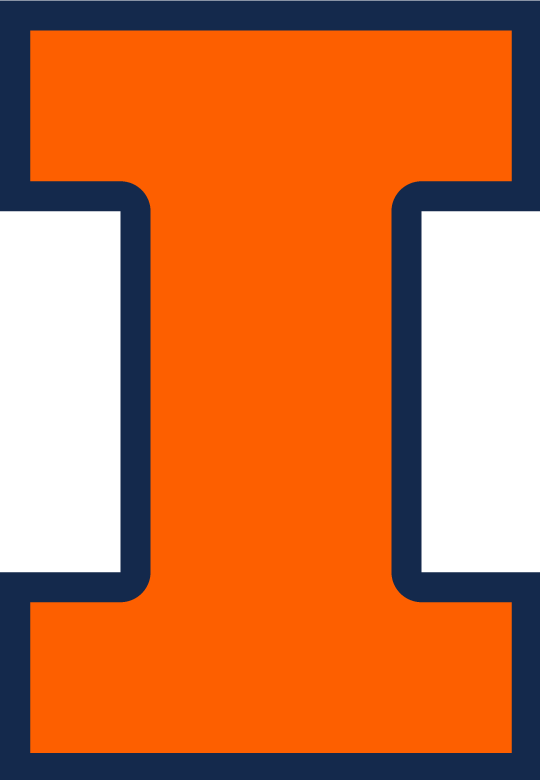Algorithms are a fundamental component of robotic systems: they control or reason about motion and perception in the physical world. They receive input from noisy sensors, consider geometric and physical constraints, and operate on the world through imprecise actuators. The design and analysis of robot algorithms therefore raises a unique combination of questions in control theory, computational and differential geometry, and computer science.
The Workshop on the Algorithmic Foundations of Robotics (WAFR) is a multi-disciplinary single-track workshop with submitted and invited papers on advances on algorithmic problems in robotics. WAFR was created in 1994 as a small-size workshop. It has been held every other year since 1994 and while it spans a relatively small community, it has an established reputation as one, if not the most, important venue for presenting algorithmic work related to robotics. The workshop proceedings will be published in the Springer Proceedings in Advanced Robotics (SPAR) series and selected papers will be invited for publication in a special issue of the International Journal of Robotics Research.
The topics of interest are very broad since the focus of WAFR is on algorithm development and analysis rather than specific problems or applications. Increasingly, robotics algorithms are finding use in areas far beyond the traditional scope of robots. Therefore, while we encourage submissions on fundamental topics such as complexity, completeness, and computational geometry, we also welcome papers in applications such as computational biology, virtual environments, sensor networks, manufacturing, and medical robotics. Papers on algorithmic developments in traditional areas of robotics, such as motion planning, manipulation, sensing, and mobile robotics, as well as papers in newer areas such as distributed robotics and simultaneous localization and mapping, are also encouraged.


